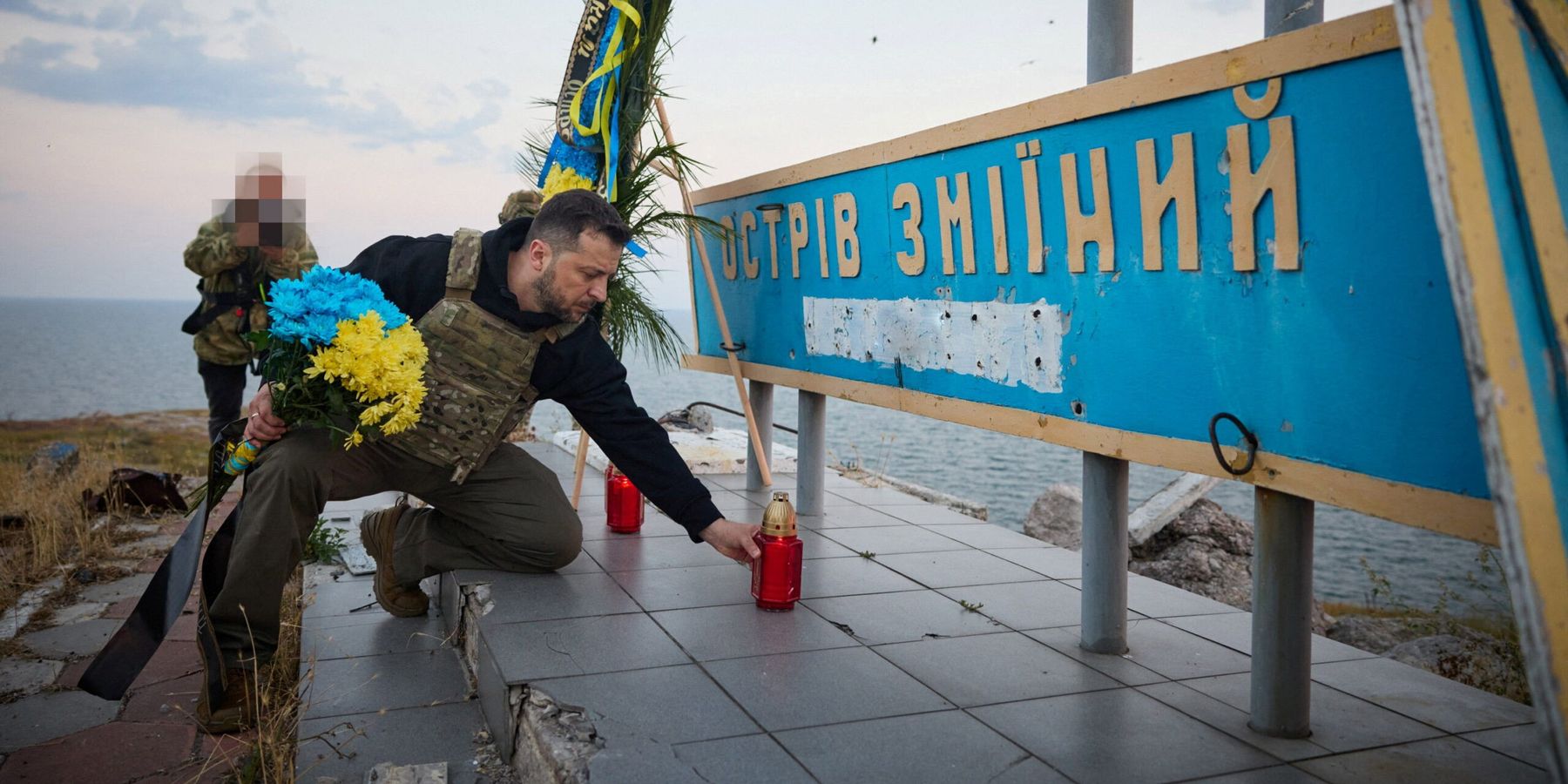Ukraine has undertaken a number of optics-driven decisions and initiatives that have ended up doing real damage to its military and its ability to defend territory. A primary example is the standing up of the brand-new 155th Brigade — its short life and its subsequent demise.
The problematic aspects of how the 155th Brigade was formed and dissolved are currently under investigation by the Ukrainian State Bureau of Investigations (GBR). Nicknamed “Anne of Kyiv,” the much touted, highly publicized brigade was a joint effort by France, Ukraine, and to a lesser extent Poland. It was largely funded by France to create a powerful “flagship” regiment whose success on the battlefield would showcase just how effective NATO training and equipment, combined with Ukrainian troops, could be in combatting Russian forces.
Suffice it to say, the effort backfired, and it now joins other initiatives such as the Kursk incursion and the Bakhmut defense campaigns which arguably were driven far too much by public perception concerns than executing effective military tactics and strategy.
The formation of the 155th Brigade began in March of 2024 and went through several evolutions, but in the end some 2000 Ukrainians were trained in France and equipped with Western equipment such as German Leopard tanks and French made 155mm Caesar Howitzers. The remainder of the brigade’s 5800 men were trained in Poland and Western Ukraine. It took some nine months to recruit and train the men, and during this period, some 1700 of its members went AWOL.
And while the exact number of AWOLs in West Ukraine vs. Poland is not known, a French Army official confirmed that “dozens” of the desertions happened in France, too.
Despite these serious issues, the 155th was deployed to the southern Pokrovsk region in late November 2024. Sadly, due to the combination of poor leadership and lack of drones or electronic warfare equipment that already established brigades count on to survive and fight, it quickly began to disintegrate as it suffered heavy casualties. This led to its dismantling in a matter of just a few weeks, with its surviving members distributed to other units in desperate need of manpower.
So, after just a few weeks of combat, the brigade that cost roughly 900 million euros to stand up is gone.
One person who believes the whole failed exercise to be a scandal is Yuri Butusov, well-known Ukrainian investigative journalist and editor-in-chief of "Censor.net" magazine. A short summary of his investigations reveals how things should have been done.
According to Butosov, existing brigades operating in the higher intensity areas tend to lose general infantry much faster than they lose more specialized personnel such as drone operators, engineers, medics, etc. Consequently, replenishing existing brigades with infantry is often the most efficient way to leverage experienced people, while ensuring that newly trained/less experienced infantry can learn from more experienced troops while receiving the support of the specialized personnel that will help them survive long-enough to become experienced, more effective troops.
The way the 155th was formed ignored the above, and it also ignored that most of Ukraine’s brigades are understrength and in desperate need of infantry to restore their effectiveness. Hence, the way the men were trained, deployed, used, and destroyed was a debacle that could have been avoided. In his expose Butusov comes to this conclusion: “The soldiers of the 155th Brigade have become hostages of Zelenskyy's PR project, which the government has actually treated ineptly and irresponsibly.”
But this debacle is not the only such initiative carried out by Ukraine’s Commander in Chief. Zelensky’s many public proclamations on the importance of Bakhmut, insisting Ukraine would never allow Bakhmut to be taken, resulted in Kyiv deploying 38 brigades, including Ukraine’s most elite brigades, about 180,000 men, over the course of the battle, into a cauldron subjected to Russia’s 10 to 1 advantage in artillery fires.
This is particularly foolish in a war in which 80 percent of casualties are the result of artillery. Yet Zelensky stubbornly refused to listen to allied advice, urging that he order a tactical retreat from Bakhmut.
This failure to execute sound military tactics due to what looked like a fixation on the symbolism of Bakhmut resulted in the loss of many thousands of Ukraine’s most experienced, best-trained soldiers — a loss from which Ukraine has yet to recover.
Other examples include the initial Kursk incursion, the battle for Avdiivka, the most recent effort to take territory in Kursk, and the doomed-to-fail 2023 counteroffensive. These operations, along with the 155th, are examples of poor decisions that substantially weakened Ukraine, allowing Russia to accelerate its expansion of territory.
The upshot of this is that if Ukraine had made decisions based more on battlefield realities than optics or symbolism, it would not have lost as much territory and would be much better positioned for negotiations to come.
- Why Russia is far outpacing US/Nato in weapons production ›
- Symposium: What does Ukraine's incursion into Russia really mean? ›
- A Trump offer that Putin cannot refuse | Responsible Statecraft ›
















